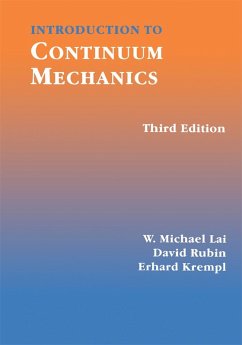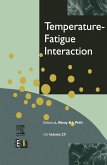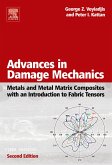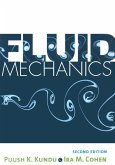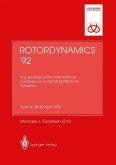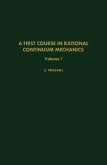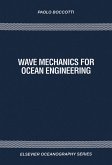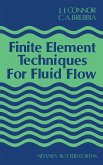which is perfect for either introductory courses in an undergraduate engineering
curriculum or for a beginning graduate course.
Continuum Mechanics studies the response of materials to different loading
conditions. The concept of tensors is introduced through the idea of linear
transformation in a self-contained chapter, and the interrelation of direct notation, indicial notation, and matrix operations is clearly presented. A wide range of idealized materials are considered through simple static and dynamic problems, and the book contains an abundance of illustrative examples of problems, many with solutions.
Serves as either a introductory undergraduate course or a beginning graduate course textbook.
Includes many problems with illustrations and answers.
Dieser Download kann aus rechtlichen Gründen nur mit Rechnungsadresse in A, B, BG, CY, CZ, D, DK, EW, E, FIN, F, GR, HR, H, IRL, I, LT, L, LR, M, NL, PL, P, R, S, SLO, SK ausgeliefert werden.

